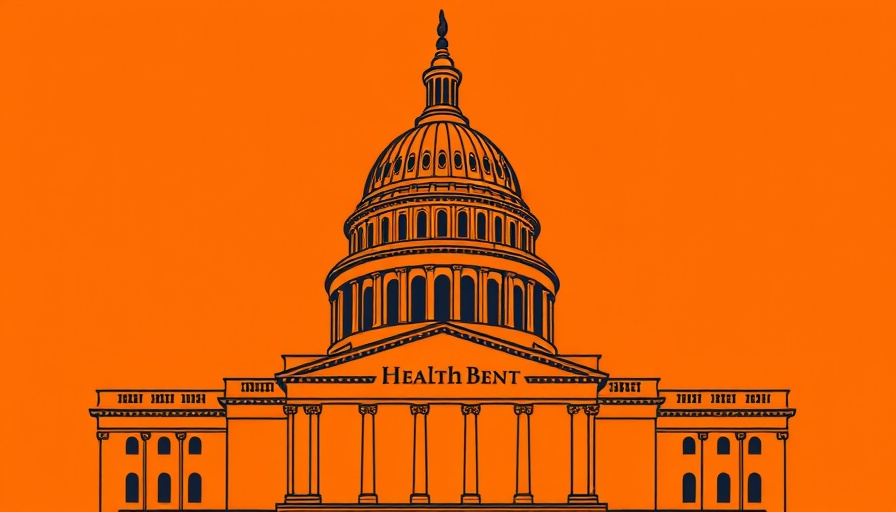
The Power of the Presidency on Abortion Rights
Donald Trump's impending return to the White House has reignited discussions around reproductive rights. Despite assurances that he wouldn't legislatively ban abortion, Trump can still substantially influence its availability. Using executive powers, Trump could significantly restrict abortion rights without needing congressional approval.
Historical Context and Background
Historically, the abortion debate has been deeply rooted in American politics. The reversal of Roe v. Wade by the Supreme Court in 2022 has opened the door for more restrictive measures. Trump's previous tenure saw him introduce policies like the "global gag rule" and curb funding to pro-choice organizations. Now, the potential use of the Comstock Act, a 19th-century law, could mean far-reaching implications for abortion access in the 21st century.
Future Predictions and Trends
Trump's administration could see a resurgence of policies that limit abortion access. Future trends might involve reinstating bans on funding to organizations that provide or refer abortions, and potentially more stringent use of conscience clauses allowing providers to refuse services. The focus on such developments could shape significant societal and political landscapes, challenging advocates to mount responses around this pivotal issue.
Counterarguments and Diverse Perspectives
While some celebrate Trump's policies as upholding "commonsense" measures, advocacy groups argue these positions infringe on women's rights and healthcare access. This ongoing debate poses questions on morality, legal precedence, and individual rights versus governmental power. Understanding these perspectives deepens insight into navigating the complexities of the ongoing abortion discussion.
 Add Row
Add Row  Add
Add 




 Add Row
Add Row  Add
Add 



Write A Comment